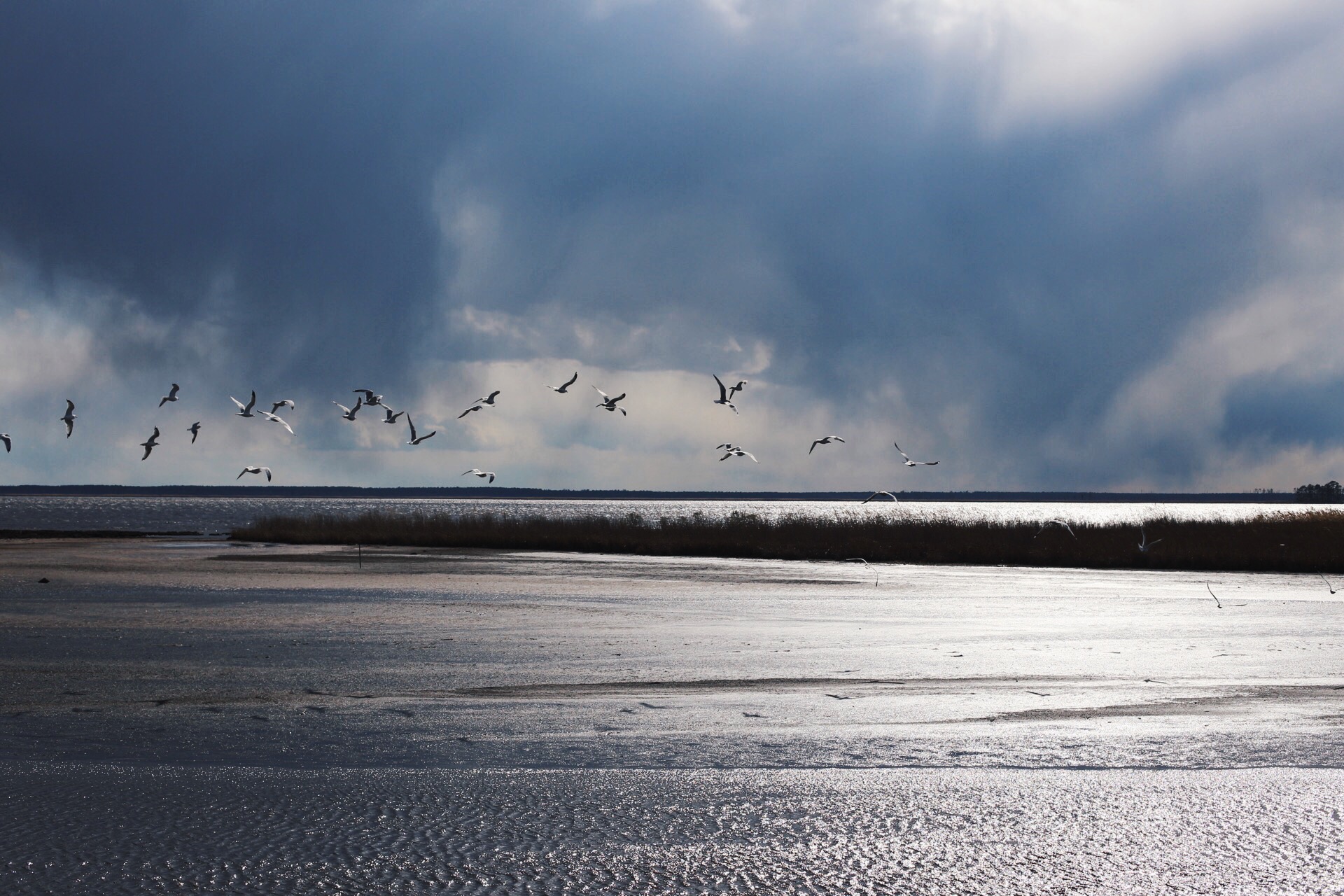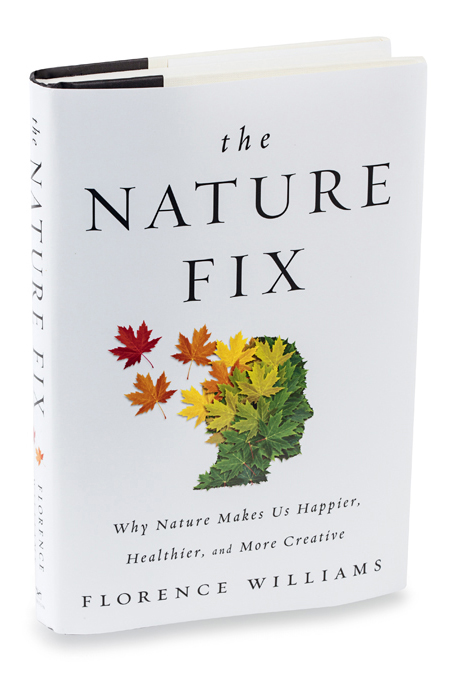What I Learned Reading “The Nature Fix”

What I Learned Reading Florence Williams’s “The Nature Fix“
Review by Gale Straub
I already knew that spending time outside was good for me. Sure, I’ve seen the feel-good headlines touting the health benefits of sunshine and fresh air. But the tr ue proof has always been in how I’ve personally benefited: a hike in the woods lifts my mood and clears my head. It feels like a no brainer.
ue proof has always been in how I’ve personally benefited: a hike in the woods lifts my mood and clears my head. It feels like a no brainer.
So when I saw Florence Williams’s “The Nature Fix” announced on the Sierra Club’s blog, I was admittedly skeptical that I would learn anything new. Of course, skepticism is the stuff of science, and Williams’s book is all about backing up intuition with research. She herself decided to write it after a bout of depression and a serious lack of nature. Often our best material is born out of a hunch, but as a science writer Williams is committed to follow feelings through to thorough. By the time I was through the intro, I was both rapt and ready to gift the book to my friends and family.
(Some of) What I learned by Reading “The Nature Fix“:
Yes, going outside is beneficial for our health (mental and otherwise). But NOT going outside is detrimental.
I hadn’t given a lot of thought to the inverse of the benefits of spending time outside. The lack of nature in our lives can exacerbate (even trigger) depression, anxiety, and attention deficit disorder. Kids are especially at risk in the age of helicopter parenting, computers and iPhones because their baseline of outdoor experience is so much lower than previous generations.
Smelling the outdoors is good for your health.
Everyone loves the scent of an alpine forest (that Christmas tree smell at tree-line), but who knew it was good for you? Williams spent time with a forest healing instructor in South Korea named Park Hyun-Soo who cited the Japanese research of Miyazaki: “The phytonicides [in Cypress trees] are antibacterial…they reduce stress 53% and lower blood pressure 5 – 7%.” He also notes that the soil of the forest is anti viral and geosmin is healing. Scientists there found that coniferous essential oils “fight atopic skin disease, mitigate stress when inhaled, and reduce symptoms of athsma.” I could go on, but there’s a whole chapter on this – I’ll let you read for yourself.
Some of our favorite natural aromatic products: Juniper Ridge & Ursa Major VT soap.
Nature boosts our immune system (and may help fight cancer).
Have you ever heard of a NK (natural killer) cell? It’s a type of white blood cell that sends “self-destruct messages to tumors and virus-infected cells.” Lots of different life factors can decrease the count, but Williams shares Qing Li’s research that spending time in nature increases the NK cells in our body. Even better – the effect lasts for longer than the amount of time we spend outside.
The outdoors may be an antidote to the effects of technology.
We aren’t evolving as quickly as technology, so our brains aren’t necessarily capable of handling the stimulus of multiple tasks. Williams spends time in the desert with psychologists Paul Atchley and Dave Strayer. There she learns about the differing effects of technology and nature on our ability to pay attention. They believe attention is a limited resource, and spending time in nature gives us fewer choices – thereby streamlining our attention and letting us function more efficiently and creatively. In a lot of ways, it’s a break from technology and it makes us more productive when we return.
It takes three days in the wilderness to maximize this effect ^.
We can treat ourselves to “doses” of nature.
If we’re looking for a prescription from “The Nature Fix,” Williams summarizes her findings at the end of the book in the simplest way possible: “Go outside, often, sometimes in wild places. Bring friends or not. Breathe.” Getting the benefits of nature is a simple as going for a walk in a city park and as involved as thru hiking the Appalachian Trail: it follows a “dose curve”. This means it’s fantastic to get outside in urban areas, but it’s also important to get out into wilderness areas to immerse ourselves in nature for three days or more – even if it’s just once a year or two.
I don’t get outside enough.
This was my biggest takeaway from the book. I need to prioritize more time away from screens and entrenched in the sounds and smells of nature. I shouldn’t feel guilty about feeling this way – I’m not alone and I shouldn’t be ashamed that I sometimes let worry and anxiety get in the way of healthier choices. No, I don’t need another item on my to-do list, but I do want to listen to what my mind and body can teach me.
Find “The Nature Fix” and learn more about Florence Williams through her website.
We interview Florence Williams on the next episode of the She Explores Podcast, debuting tomorrow, April 5.
Editor’s Note: This article includes Amazon Affiliate links, which provide a small commission for She Explores at no cost to you. Thank you for your support!
Be the first to comment